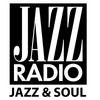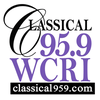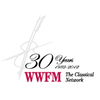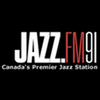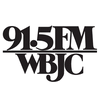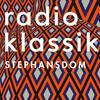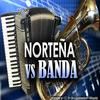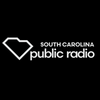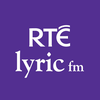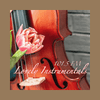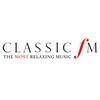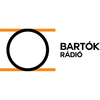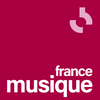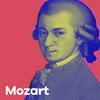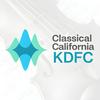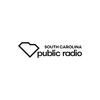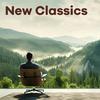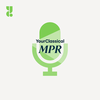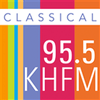Classical radio – Listen to 1,042 Classical radio stations online
Classical Music - from Choir-Stalls to Concert Halls
Classical music has enchanted listeners for many hundreds of years and to this day has a significant music following. Its highpoint was in the 18th century in Vienna when famous composers such as Wolfgang Amadeus Mozart, Ludwig van Beethoven und Joseph Haydn accomplished masterful symphonies, piano concertos and orchestral works. However, the classical repertoire encompasses much more than that. Moving Italian operas from Verdi and Puccini played with the hearts of classical lovers.
Where did it all come from?
Believe it or not, music from the medieval Era (500-1400), including religious gregorian music , is the early ancestor of classical music as it is known it today. The early church controlled this music style by introducing particular rules regarding melody and rhythm. Ancient FM captures the simple, ordered and pleasant sound of this formation period.
Moving swiftly on we reach the baroque era (1600-1760), witnessing the development of several musical genres, which inspired composers for centuries to come. This period saw the birth of the orchestra, opera, the concerto, sonata and more! Weird (some more than others) and wonderful instruments were developed and used, including the hurdy-gurdy, harpsichord, bass violin and baroque guitar. The intricate sound of a whole host of composers, including Arcangelo Corelli , Claudio Monteverdi , Henry Purcell , Jean-Philippe Rameau , François Couperin , Alessandro Scarlatti , Alessandro Scarlatti , and Domenico Scarlatti , (the list goes on!), played a larger role in public and private life as music was not only played within church circles but also featured at dinner parties or at wealthy households where the style Tafelmusik, meaning table music, grew in popularity - Georg Philipp Telemann is most associated with this style. Music for the individual was becoming music for the masses. Get a real feel for it all with RadioTunes - Baroque Period .
Who are the most famous composers from this time period?
The main culprits behind the outburst mentioned above are household names Johann Sebastian Bach , Georg Frideric Handel and Antonio Vivaldi . These artists spearheaded the shift from the baroque era to the classical era (1730-1820), pushing the established boundries with new hamonies and complex melodic lines. Classical composers Joseph Haydn , largely responsible for developing the string quartet into its current form, and Wolfgang Amadeus Mozart who developed and popularised the piano concerto, in particular were, and continue to be highly regarded due to their popular style typically based around symmetry and their use of the sonata form compositional structure, influencing Western art music for years to come.
Which classical stations can we recommend?
From preludes to the postmodern, sonatas to symphonies, classical radio stations Linn Classical , WQXR 105.9 FM and Classic FM can take over from here to give life to the written history and eras above and to celebrate this genre in all its variations, recognising and giving thanks to those who helped make it what it is to this day.

